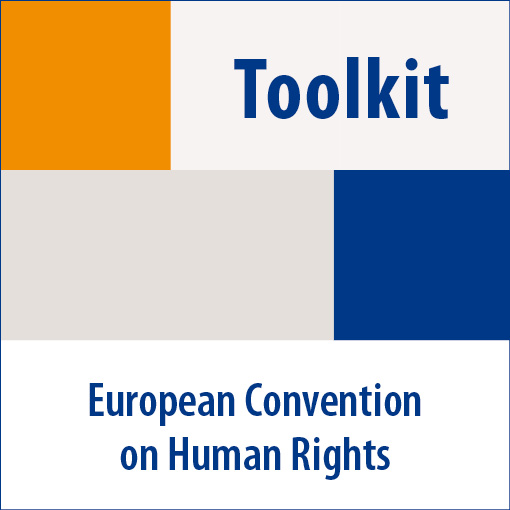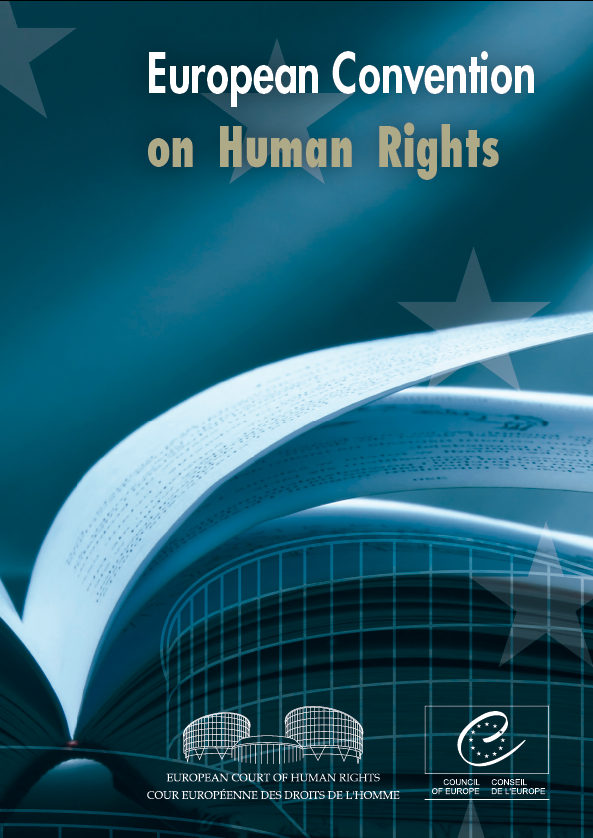Protection of property (Article 1)
This article lays down a general rule followed by two specific rules to protect the right to property.
General rule: "Every natural or legal person is entitled to the peaceful enjoyment of his possessions".
"Possessions" includes shares, patents, licences, leases and welfare benefits (provided they are enjoyed by legal right, not by discretion). In many cases concerning property expropriated under previous regimes in Eastern Europe it has been crucial whether the applicant's right survived in national law; a mere hope of restitution is not enough.
"Peaceful enjoyment" includes the right of access to the property. There can be positive obligations on the state to protect enjoyment of property rights, for example, by properly maintaining dangerous installations near homes.
In cases of interference with property rights that do not obviously fall under one of the two specific rules set out below, the Court has applied the general rule and implied into it a test of "fair balance" between the individual and the general interest (see below).
First specific rule: Deprivation of property
Deprivation is only permitted if it is:
- lawful;
- in the public interest;
- in accordance with the general principles of international law;
- reasonably proportionate ("fair balance" test).
States have a wide discretion over what is "in the public interest". Provided a legitimate aim is pursued, for example, social justice, it is acceptable that some people should get a windfall and others lose out.
The "fair balance test" applied by the Court is less stringent than the test of "necessary in a democratic society" found in Convention Articles 8 to 11. It requires the State to show it has struck a fair balance between the person's right and the public interest. That will not be achieved if the individual (or company) has to bear an excessive burden, or where he or she has no or few procedural avenues to challenge the deprivation.
Second specific rule: Control of property
Under paragraph 2, States may "control the use of property in accordance with the general interest or to secure the payment of taxes or other contributions or penalties".
Controls can involve, for example:
- confiscation or forfeiture of assets by the courts or the revenue or customs officers;
- requirements to use property in a particular way, such as planning or rent controls;
- withdrawal of a licence, e.g. to sell alcoholic drinks.
The control must be:
- lawful;
- in the general interest or to secure the payment of taxes or penalties;
- respecting a "fair balance".
The discretion of the State under this rule is even wider than under the first rule: the laws the State may enforce to control use of property are those "it deems necessary" for that purpose. Applicants need to show they were required to shoulder an excessive burden, as where a rent-control scheme in force for 11 years imposed very severe restrictions on private landlords (Hutten-Czapska v. Poland).
Duties of public officials
Action to confiscate or otherwise interfere with property rights is usually taken by lawmakers, senior officials and courts, but customs and revenue officers, licensing authorities, rent control officers and other public officials may also exercise powers in this area. They need to ensure:
- they have a legal basis for their action;
- it pursues a public interest;
- it strikes a fair balance between the individual and the general interest.
Right to education (Article 2)
"No person shall be denied the right to education", which is in practice a right to access to such education as the State has undertaken to provide, and as regulated by that State. Regulations may, for example, make education compulsory up to a certain age, permit (or ban) home schooling, and allow schools to exclude unruly pupils. The article does not require any particular system of education; even less does it require access to a particular school. It is neutral as between public and private education and has been interpreted to guarantee freedom to establish private schools.
Education that is provided, whether public or private, must respect parents' religious and philosophical convictions. But so long as the curriculum and tuition are objective and pluralistic, the fact that it may conflict with some parents' convictions is not a breach.
Right to free elections (Article 3)
Rather than asserting rights, this Article puts an obligation on the States to "hold free elections at reasonable intervals by secret ballot, under conditions which will ensure the free expression of the opinion of the electorate in the choice of the legislature". But the Court has derived from this obligation a right to vote and a right to stand for election.
The Article does not require any particular electoral system and the States have a wide discretion in how they regulate elections, including the conditions to be fulfilled by would-be candidates for office. The principle of universal suffrage, however, is very strong and States will be strictly required to justify the loss of the vote by individuals or categories of persons, for example, prisoners.




